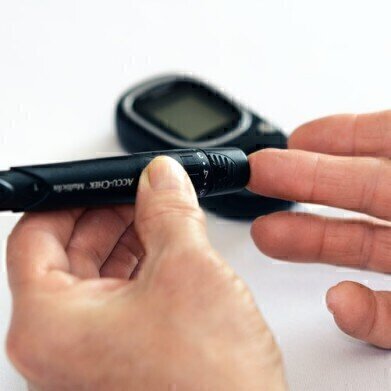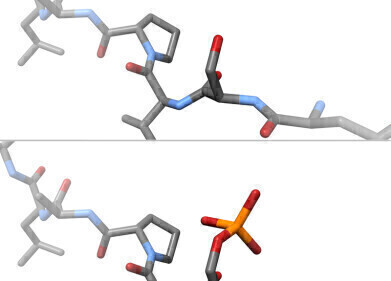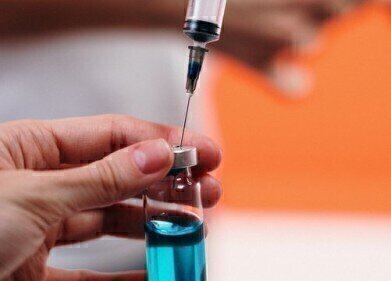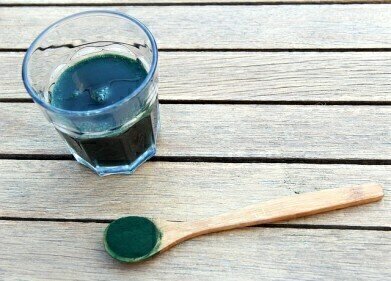Affinity
Creating an Effective COVID-19 Antibody Test Using Chromatography
Jul 11 2020
Ever since several unexplained pneumonia cases emerged in Wuhan, Hubei Province, China in December 2019, scientists have been carrying out research trying to understand more about the virus, a coronavirus named severe acute respiratory syndrome coronavirus 2 (SARS-CoV-2) and the disease that it causes coronavirus disease 2019 or Covid-19.
The virus is the seventh coronavirus known to infect humans according to the World Health Organization and belongs to the family of virus that caused the SARS outbreak in 2003 and the MERS outbreak in 2012. In countries around the world researchers are racing to generate tests and protocols that will allow doctors to diagnose patients accurately and just as important for the aftermath, to make a test that allows doctors and regulators to see just what the spread of the disease was. This is especially important when so many carriers of the virus are asymptomatic. A recent online paper by scientists from Henan University describes their efforts to make an antibody test for Covid-19 – and chromatography played its part.
Antibodies to the rescue
Currently, over 200 countries have reported Covid-19 cases because of infection by SARS-CoV-2 virus. To help epidemiologists, researchers into diseases and regulators, knowing how many people have been infected in a population is a useful number to know. One of the features of the disease is the high number of asymptomatic cases – one of the reasons why we cannot rely on the numbers of people presenting with symptoms at hospital to make an informed guess as to the extent of the epidemic.
Therefore, researchers have been looking for a method to analyse for antibodies to Covid-19 – if you have the antibodies, even if you were asymptomatic, you have had the disease. Antibodies are naturally produced in the body to help you fight of infections – from a cut in the garden to the common cold, our body produces antibodies to protect us. The two types of antibodies that researchers into Covid-19 are interested in are known as SARS-CoV-2 IgM and IgG. IgM antibodies are developed early on when infected by Covid-19, while IgG antibodies are usually found after someone has recovered from the infection.
Just a little pin prick
To produce an antibody test, researchers at Henan University, China expressed a nucleoprotein from SARS-CoV-2 using E. coli. This was then purified using affinity chromatography and a nickel column. The use of chromatography with proteins is discussed in the article, Uniform and Reliable Magnetic Beads for Protein Immunocapture Workflows. A sensitive selenium nanoparticle was used to label the nucleoprotein to prepare the antibody detection kit.
The sensitivity and selectivity of the kit was tested using plasma from Covid-19 patients and healthy control patients. The kit was able to detect both IgG and IgM antibodies with a high sensitivity and selectivity. The kit uses only a small spot of blood from a fingertip and is simple to use.
Will the future involve an antibody test before you go to the pub?
Events
May 11 2025 Vienna, Austria
May 18 2025 Tempe. AZ, USA
May 21 2025 Birmingham, UK
Jun 01 2025 Baltimore, MD, USA
Jun 15 2025 Bruges, Belgium














